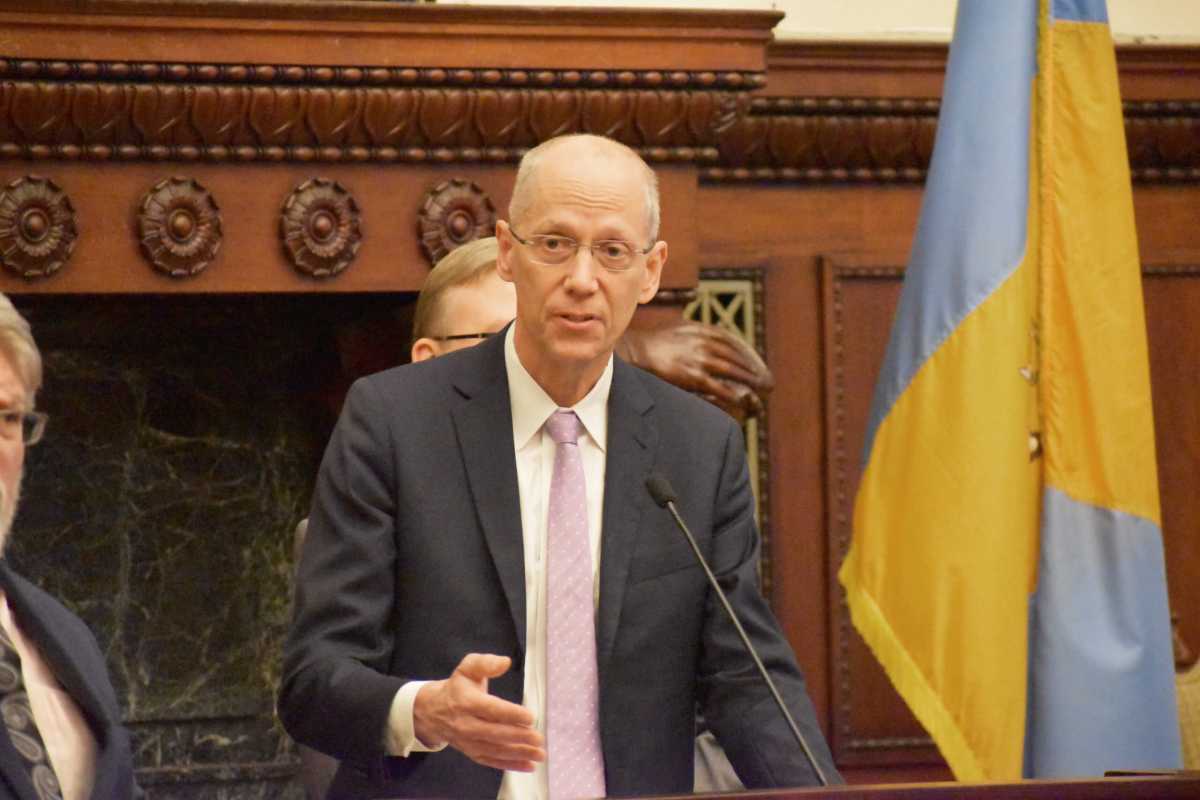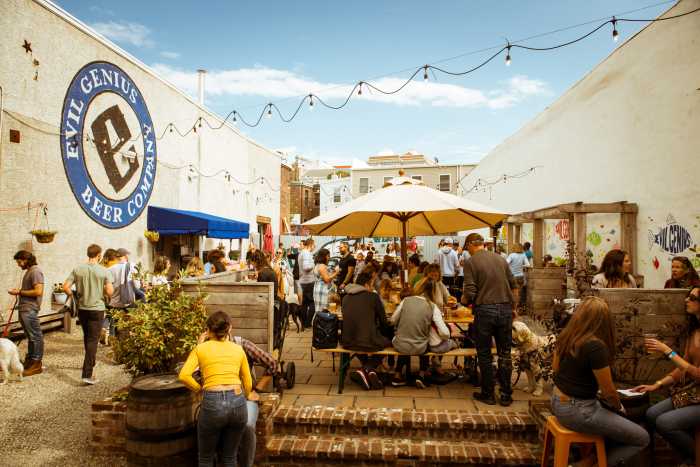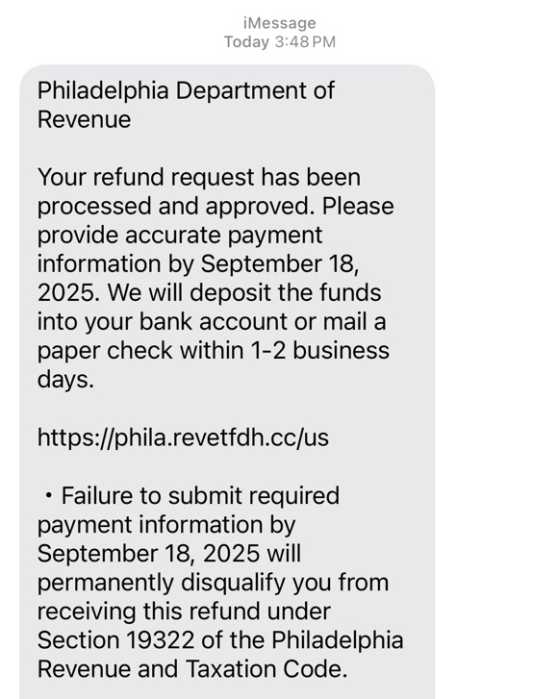Philadelphia will not fully move to the state’s Green Phase Friday as originally planned amid a surge in coronavirus case counts in the United States and a slight uptick locally, city leaders said Tuesday.
Indoor dining and gyms, which were slated to reopen, will have to wait until at least Aug. 1, while museums, libraries and indoor malls can begin operating with restrictions Friday.
Health Commissioner Thomas Farley said the city is not on track to hit all of its targets for transitioning to the Green Phase.
“It’s always a tough balancing act, and we feel like this is the right decision at this point, but it’s something we’re going to have to continue to evaluate as we go forward,” he said.
The city has been averaging more than 100 cases a day, above its goal of less than 80. Officials also wanted to see a four-week decrease in positive tests; however, case counts experienced a small increase last week compared to the week before.
Philadelphia registered 142 new COVID-19 infections Tuesday and five additional deaths. Since the beginning of the pandemic, 26,133 city residents have tested positive and 1,584 have died.
People who are catching the virus now are more likely to be teenagers and young adults, Farley said. Over the past two weeks, 34 percent of the city’s cases have been in people under the age of 30, compared to 20 percent for the epidemic as a whole.
“It’s been linked to social events and to travel and particularly travel to the Jersey Shore,” Farley said.
Contact tracers have interviewed a significant number of people who recently shared a beach house or socialized with others at bars and restaurants at the shore, he said.
New Jersey recently delayed plans to allow indoor dining, and Allegheny County, which includes Pittsburgh, ended on-site consumption of alcohol at bars and restaurants.
Farley said the virus is more likely to spread indoors, especially when people cannot wear masks because they are eating and drinking. Gym-goers also tend to breathe heavily while working out, which could also lead to increased spread, he added.
Restaurants will be able to continue offering delivery, take-out and outdoor dining.
Casinos can also open on Friday but cannot offer food, drinks or allow customers to smoke. Philadelphia’s only casino is Rivers Casino, formerly SugarHouse, and there’s been no word on when it plans to reopen.
Farley said the city’s decision was informed by rising case counts across the country, including in Pennsylvania, New Jersey and Delaware.
Overall, U.S. infections were up by at least 43 percent in June, and deaths jumped 20 percent, according to a Reuters tally.
In some states, including Florida and Texas, cases more than doubled, and, in Arizona, positive tests were up nearly 300 percent.
“We think it’s better for us to be cautious now than, like Texas and Florida, open up restaurants and regret it later,” Farley said.
Significant increases in Philadelphia could lead to rollbacks, including banning some activities that are currently allowed, officials said.
“We will not be a fully restarted economy until we have a vaccine,” Farley conceded.
He said he is “fairly optimistic” about the development of a vaccine and said he is confident it will be deployed in 2021, possibly early in the year.
Late last week, Mayor Jim Kenney signed an executive order mandating that people wear masks in any indoor public space and outdoors if there is less than 6 feet between people from different households.
It’s too early to tell if the measure has had any effect, officials said Tuesday. The order is not being enforced by police.
There’s been some confusion about how Philadelphia fits into the state’s color-coded reopening scheme. The state has considered the city to be in the Green Phase since last Friday, though there are far more restrictions in place.
“We’re calling it green, but I would rather have people focus less on the color and more on what activities are allowed and what are not allowed,” Farley said.
Farley said state leaders respected the decision announced Tuesday to delay the easing of some restrictions. The city has said it can be more restrictive than what is called for in the state plan.




























